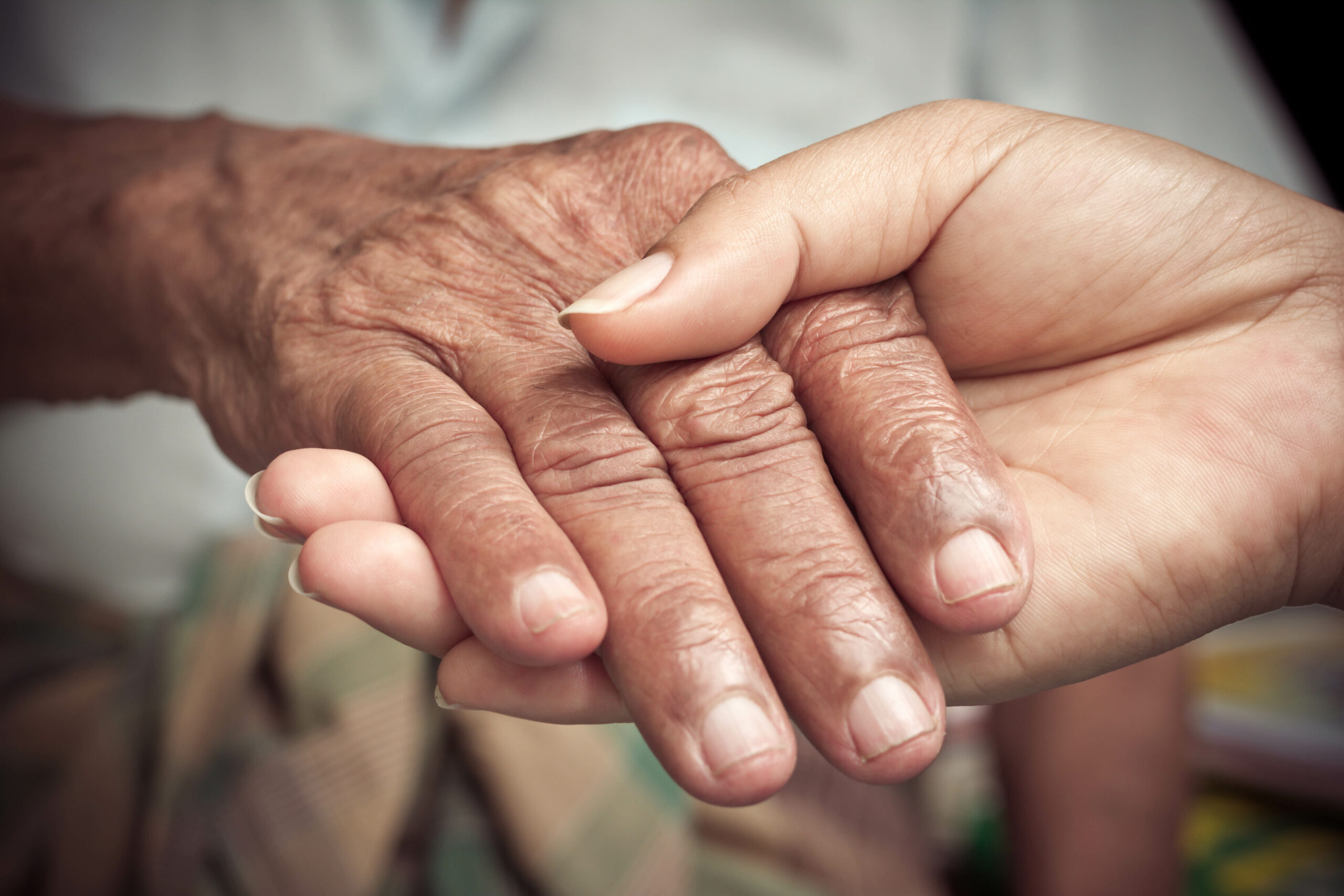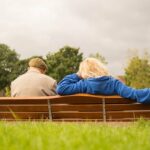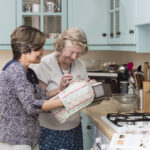Falls in the elderly – causes
As we get older, illness, pain and visual problems can increase the risk of trips and falls.
Falls can cause injuries but they can also decrease confidence and make your loved one frightened to get out and about.
In elders the common causes of falls are:
- Certain conditions like heart problems, diabetes, or disorders that affect your nerves, feet, or blood vessels have a great impact on your balance and can lead to a fall.
- Mild cognitive impairment or certain types of dementia can cause increased risks of falling in elders.
- Safety hazards in surrounding environments can cause falls.
- Improper footwear along with foot problems can lead to falls.
- Loss of muscle mass due to age can also result in higher risks of falling.
- Sudden or fast movements may cause a fall.
Falling is a serious matter in the elderly. It can lead to broken bones, head injuries and even death, but the good news is that falling isn’t inevitable as we age.
With support, care and some practical changes, you can improve stability and prevent falls in older adults.
Best foot forward
Foot pain from arthritis or ulcers can impair mobility and increase the risk of falls.
Ill-fitting or unsuitable footwear can also make the elderly unsteady and more likely to stumble.
It’s vital to choose shoes that fit well and have a stable, non-slip sole. Laces can be a problem, so if your loved one has arthritic fingers or struggles to bend down, invest in slip-ons or get elastic laces.
At home, slippers are better than socks or stockings for stability and safety.
Foot care is crucial. Trimming toe nails, moisturising to prevent cracking and removing excess callus can keep them healthy, so arrange a visit from a chiropodist if self-care is tricky.
Falls in the elderly – Prevention
Fall Prevention Strategies – Home hazard spotting
Home is where the heart is, but it can also be a source of all sorts of obstacles and trip hazards.
You can make the environment safer by clearing clutter, placing footstools safely out of the way and securing any trailing electrical cables.
It’s sensible to ensure that furniture is well spaced and that there’s a clear pathway to the bathroom and kitchen.
Place all essential items close at hand, so that stretching and bending is kept to a minimum.
Be vigilant with home maintenance, so that frayed carpet threads are trimmed and garden walkways are free of slippery moss and algae.
Falls are the leading cause of at-home injuries for older people. Following are a few at-home falls prevention tips:
- Install solid handrails along the staircase to stabilise it. Also, make sure that there is adequate lighting around the house.
- Keep your outdoors clean and sweep regularly to avoid falls caused by slipping over snow or ice.
- Keep the bathroom dry and do not let water pool. Install grab bars to avoid falls during showers.
- Keep the walkway clear of small objects that may cause tripping, for example, balls or toys.
- Though only wearing socks around the house can be very comfortable, this can lead to slipping, don’t forget to wear shoes.
- Keep items in your cabinets at a lower level.
- If you use a walker or crane, then you should put rubber tips on its end.
- Walk on grass instead of sidewalks if they are slippery.
Medicine matters
Certain drugs and medicines can cause instability and falls, either because they make blood pressure drop on standing up, or because they increase drowsiness and confusion, with sleeping tablets being a frequent culprit.
However, it’s essential not to just ditch the tablets. Instead ask the GP to review all the medication, so that the timing and dosage can be assessed and changed if necessary.
Light the way
Falls are much more likely in the night-time or when lighting is dim. So, ensure that the house is well lit with bright, high-wattage bulbs.
Many elderly people need to get up at night to use the bathroom, and a night-light or lamp switch within easy reach can make this safer. You may way to consider whether a commode may be useful.
A helping hand
Carers can be employed to come into the home and offer support and guidance.
They can help with household chores and keep a close-eye to maintain safety.
Whether it’s just a few hours to manage challenging tasks, or around-the-clock supervision they can help your loved one stay in the home they love, without risking their wellbeing and security.
Eye, eye!
It’s much easier to miss wires, rugs and other objects when your vision is impaired.
Organise regular eye-checks, ensure that any glasses prescription is up-to-date and make sure there are plenty of pairs of spectacles, in case one set goes missing.
Bathroom Falls Prevention
Soap, water and slippery flooring can be a dangerous combination.
But you can make the bathroom safer by using special grippy mats in the shower or bath, non-slip mats on the floors and installing grab rails to help your loved one get up and move around safely.
Consider asking for an Occupational Therapy assessment, so that any problems can be identified and addressed.
Building bones
With increasing age, our bones can become weaker and more prone to fractures. This bone-thinning is called osteoporosis and women can be especially vulnerable after the menopause.
Boost bone strength with regular exercise, plenty of calcium and vitamin D in the diet and a little gentle sunlight.
Tuck into oily fish, green leafy veggies and dairy produce, and think about a supplement if healthy nutrition is proving a struggle.
Exercises to prevent falls in seniors
Regular activity can increase mobility, improve balance, flexibility, and reduce the danger of falls and injury.
Exercises that are weight-bearing can help you strengthening your bones by forcing you to work against gravity.
It’s not about rushing off to the gym. Simple morning stretches, walks with friends, playing cricket with the grandchildren or joining a class to try line-dancing or Tai Chi can all help.
Too often falls are accepted as a natural part of getting older, but they are not inevitable.


